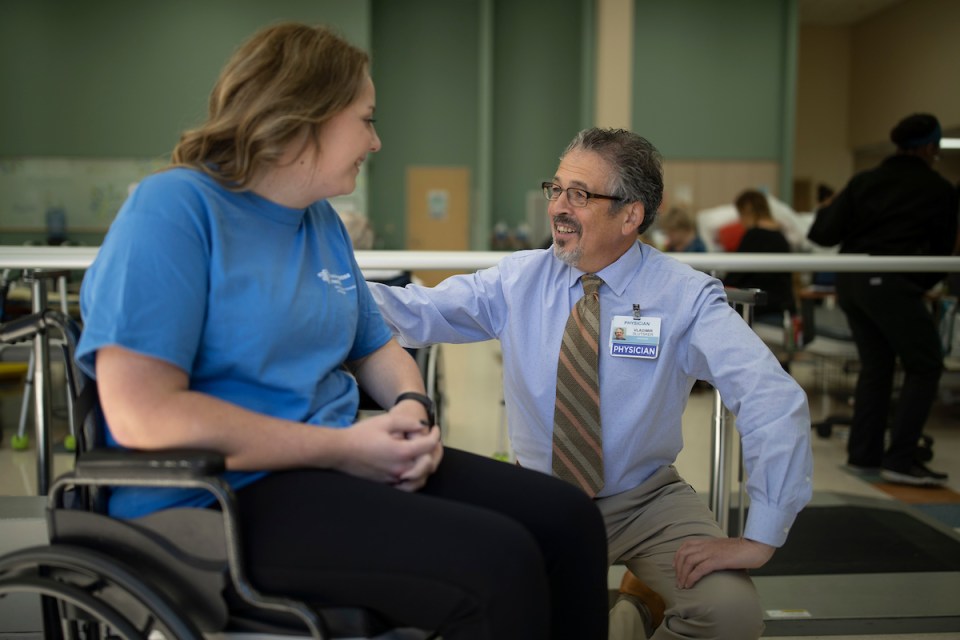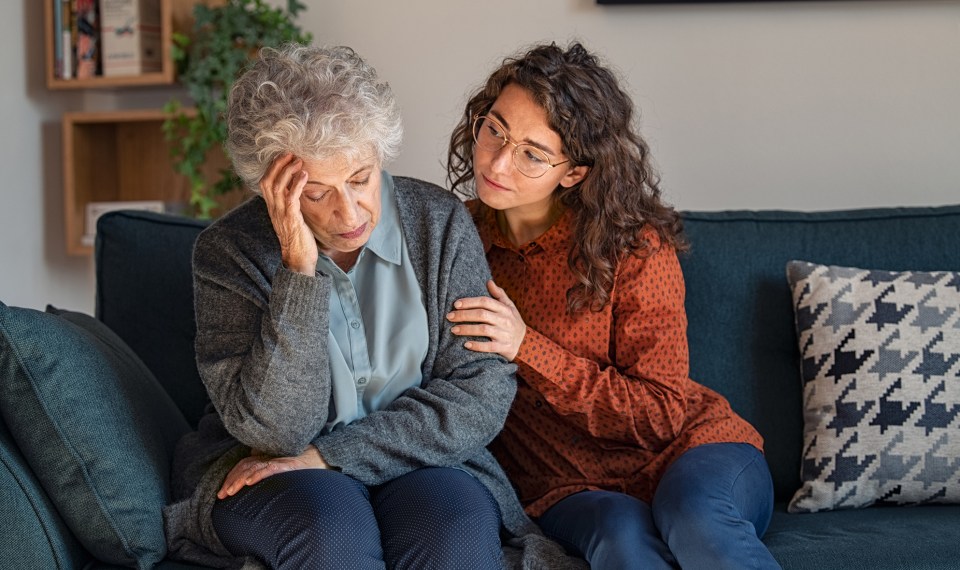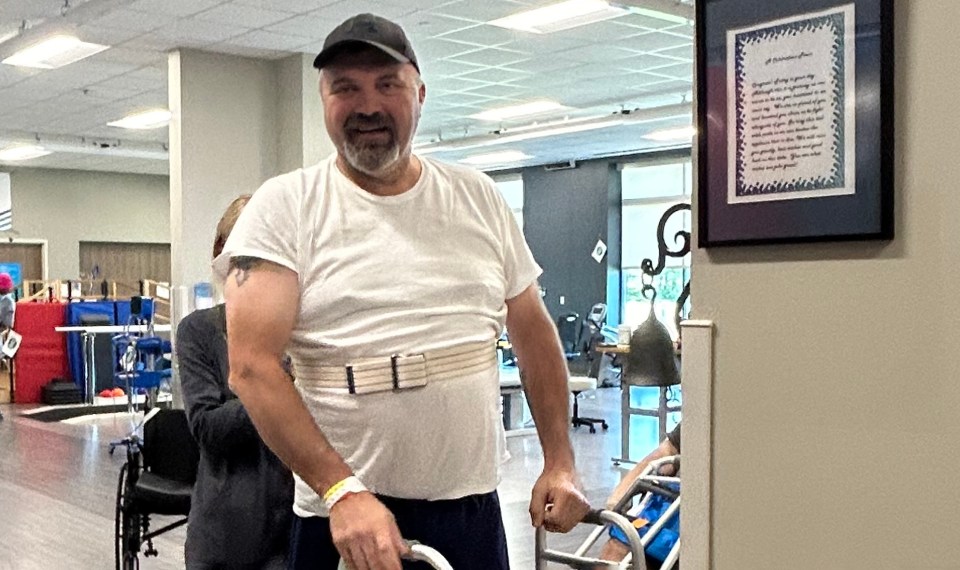Each May, healthcare professionals nationwide turn their attention toward stroke prevention and awareness as we observe American Stroke Month. At Encompass Health, stroke is the single largest diagnosis treated in our more than 130 inpatient rehabilitation hospitals.
Independent studies have confirmed that inpatient rehabilitation is the best setting for stroke patients. According to the American Heart Association’s 2016 adult guidelines for stroke rehabilitation, stroke patients should be treated at an inpatient rehabilitation facility, and the Department of Veterans Affairs endorses those findings in its 2019 Guidelines on Stroke Rehabilitation. A 2019 JAMA article concluded inpatient rehabilitation hospitals provide greater improvement in mobility and self-care for patients.
A physical therapist by background, I have personally treated stroke patients in my career and have seen the successes they achieve when treated with a multidisciplinary approach. As a leader of Encompass Health, I am fortunate to witness new success stories every day. Recently, I learned of a patient story that exemplifies why stroke survivors should receive post-acute care at an inpatient rehabilitation hospital.
Piecing the puzzle together
Avid outdoorsman Paul Dean was only 46 years old when he had a stroke that left him unable to use his left side. Prior to the stroke, he had no known risk factors and spent his free time hunting and rock climbing.
Paul was discharged from the hospital without orders for post-acute care. Fortunately, Paul’s sister, Tami Holden, works as a human resources director at Saint Alphonsus Regional Rehabilitation Hospital, an affiliate of Encompass Health in Boise, Idaho, and knew her brother was a candidate for inpatient rehabilitation. Paul was admitted to the hospital, where medical director Dr. David Wald took a strong interest in his case, seeking to uncover why a young, healthy patient had a stroke.
Dr. Wald collaborated with other members of Paul’s medical team, and ultimately discovered that Paul had an underlying infection in his cerebral spinal fluid that affected his heart and brain, causing a stroke. The infection was treated, and after almost two weeks at Saint Alphonsus Regional Rehabilitation Hospital, Paul was able to regain his independence and return home.
Reaping the benefits of inpatient rehabilitation
We often talk about the benefit of inpatient rehabilitation in abstracts, but Paul’s story allows us to see these benefits in action.
Patients at our hospitals are under the supervision of rehabilitation physicians. Because Dr. Wald frequently saw Paul, he was able to recognize that there was likely an underlying issue present, and was able to identify it quickly. Without this physician oversight, the underlying condition may not have been found.
Inpatient rehabilitation hospitals are required to provide at least three hours of therapy five days per week or at least 15 hours of therapy weekly; that intensive therapy helped Paul regain his independence and helped him return to activities he feared he would never be able to do again.
Of her brother’s recovery, Tami wrote, “The tremendous talent of our team was remarkable. I knew that already, but to see it from a family perspective was very eye opening. The dedication of Dr. Wald to finding the cause of the stroke saved his life. If the infection had gone untreated, he could have had a worse stroke or died. This has been an amazing journey for me as an employee and as a sister, who wanted nothing more than a better quality of life for her brother.”
Stories like these are why I am proud to work for Encompass Health, and why I am an advocate for inpatient rehabilitation for stroke patients. For more stories like Paul’s and for the latest on stroke treatment in our hospitals, visit the stroke page of the Connect blog.
The content of this site is for informational purposes only and should not be taken as professional medical advice. Always seek the advice of your physician or other qualified healthcare provider with any questions you may have regarding any medical conditions or treatments.



